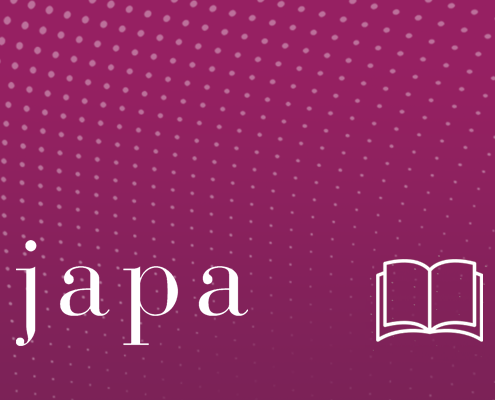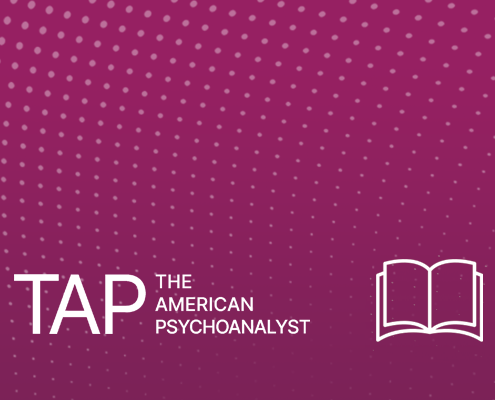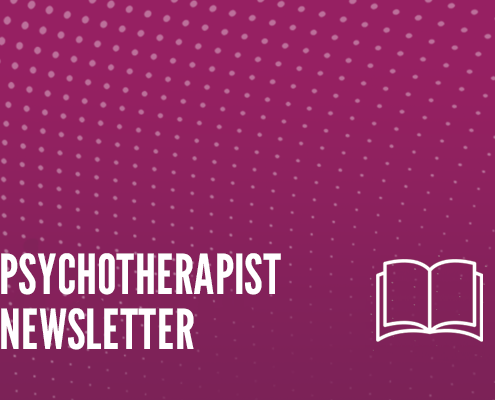Jack Drescher, MD:
The history of psychoanalytic theorizing about homosexuality is more than a century old and has undergone numerous revisions. Early on, psychoanalytic attitudes toward homosexuality could be reasonably characterized as hostile. The presentation begins with Freud’s early views on homosexuality within the cultural context of his times. It then reviews later pathologizing psychoanalytic theories as well as the research of sexologists which ultimately led to the 1973 decision of the American Psychiatric Association to remove homosexuality from the Diagnostic and Statistical Manual (DSM). Today the contributions of openly lesbian and gay analysts have shifted psychoanalytic focus on homosexuality from discussions of “why gay?” to the more clinically relevant question of “how gay?” This presentation shows how the history of psychoanalytic attitudes toward homosexuality illustrates how psychological theories cannot be divorced from the political, cultural, and personal contexts in which they are formulated.
Catherine Mallouh, MD:
Abortion is a complex issue politically, socially, and morally. It is also a legal issue which impacts women’s bodily autonomy. This presentation will explore psychoanalytic perspectives on abortion, particularly in the context of this choice being prohibited. The effect of the social on psychic life and individual subjectivity becomes evident. The choice to continue a pregnancy or not does not just concern the fetus, but also the choice for motherhood and providing maternal care. Continuing a pregnancy in the context of being able to have an abortion frames the choice for motherhood.




